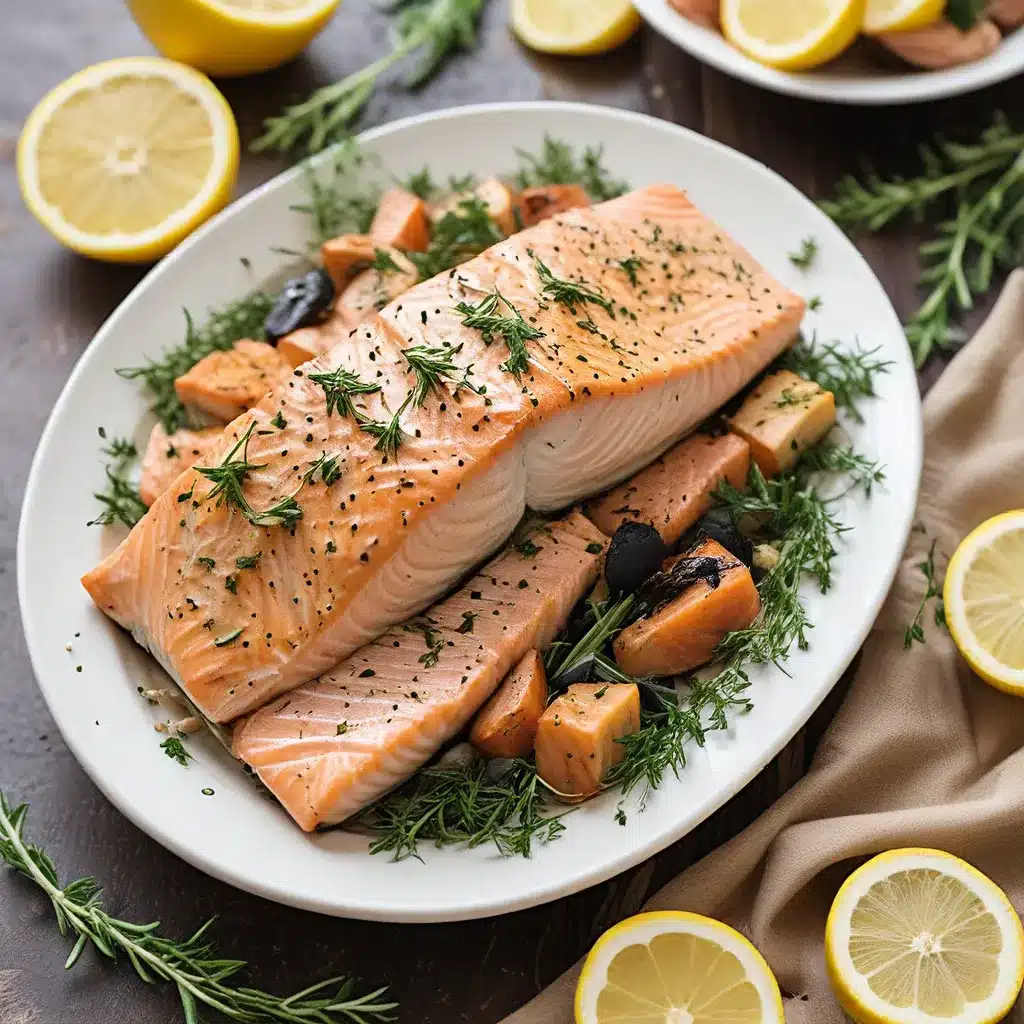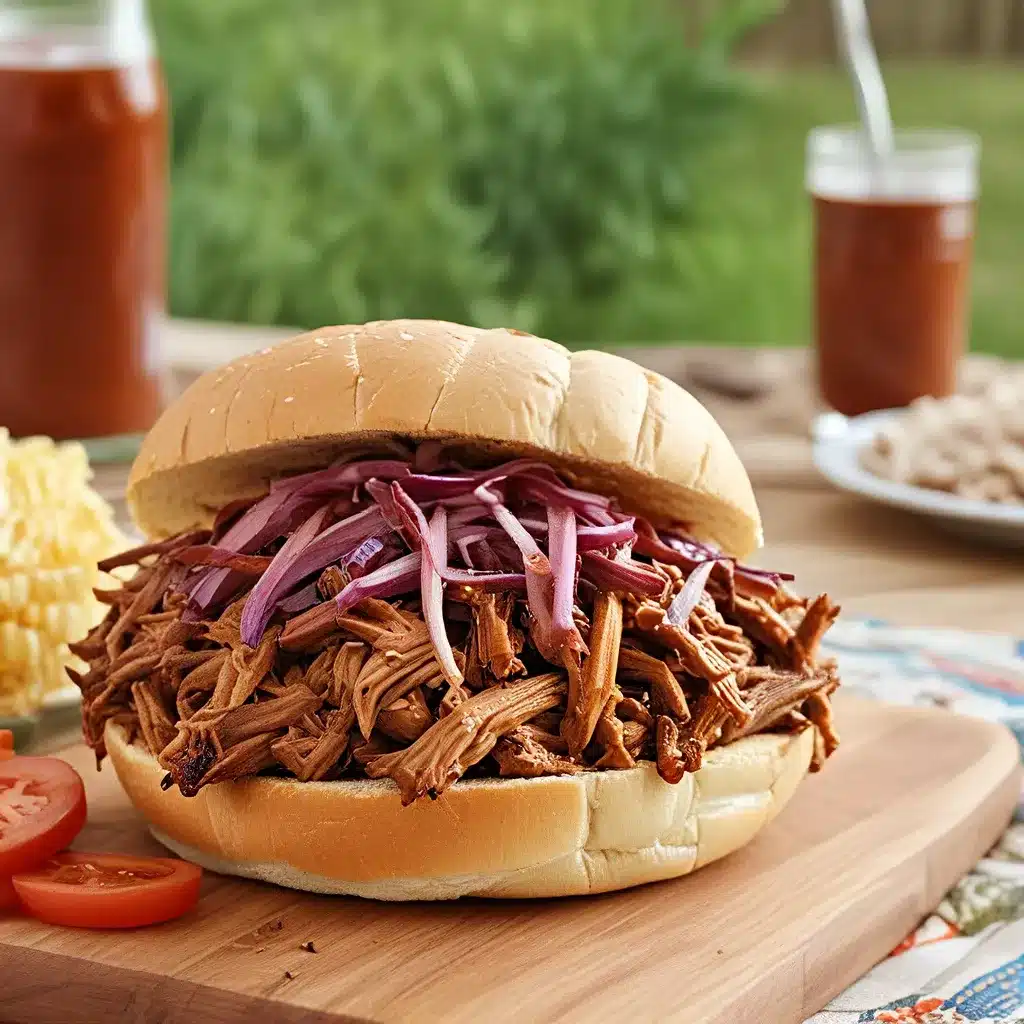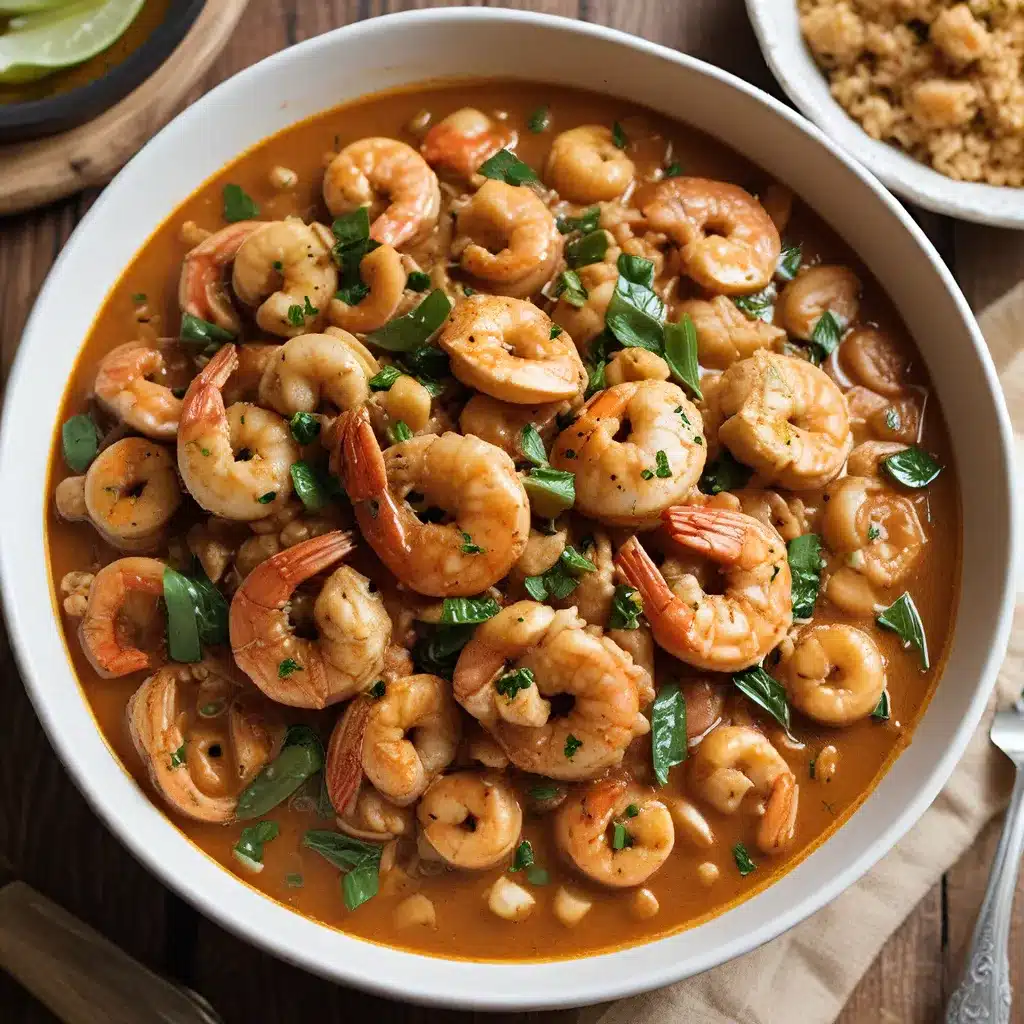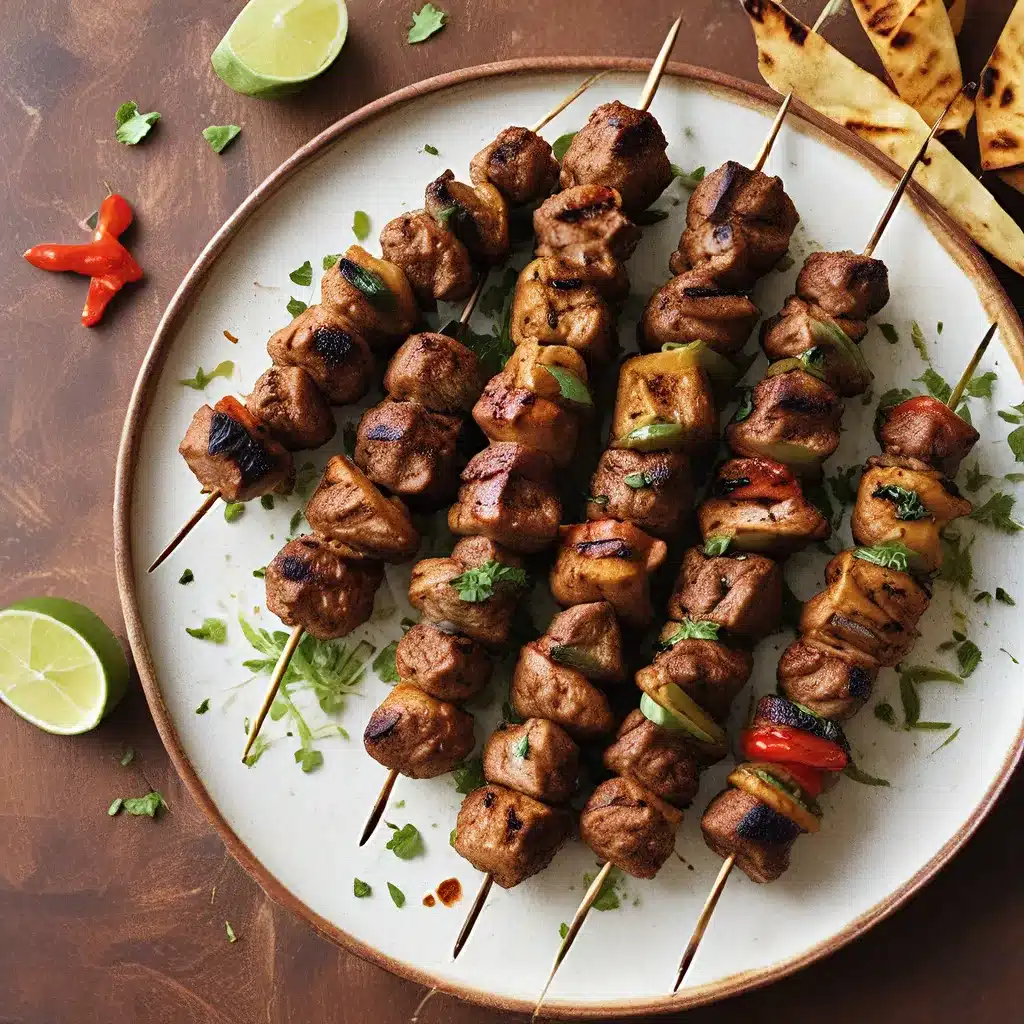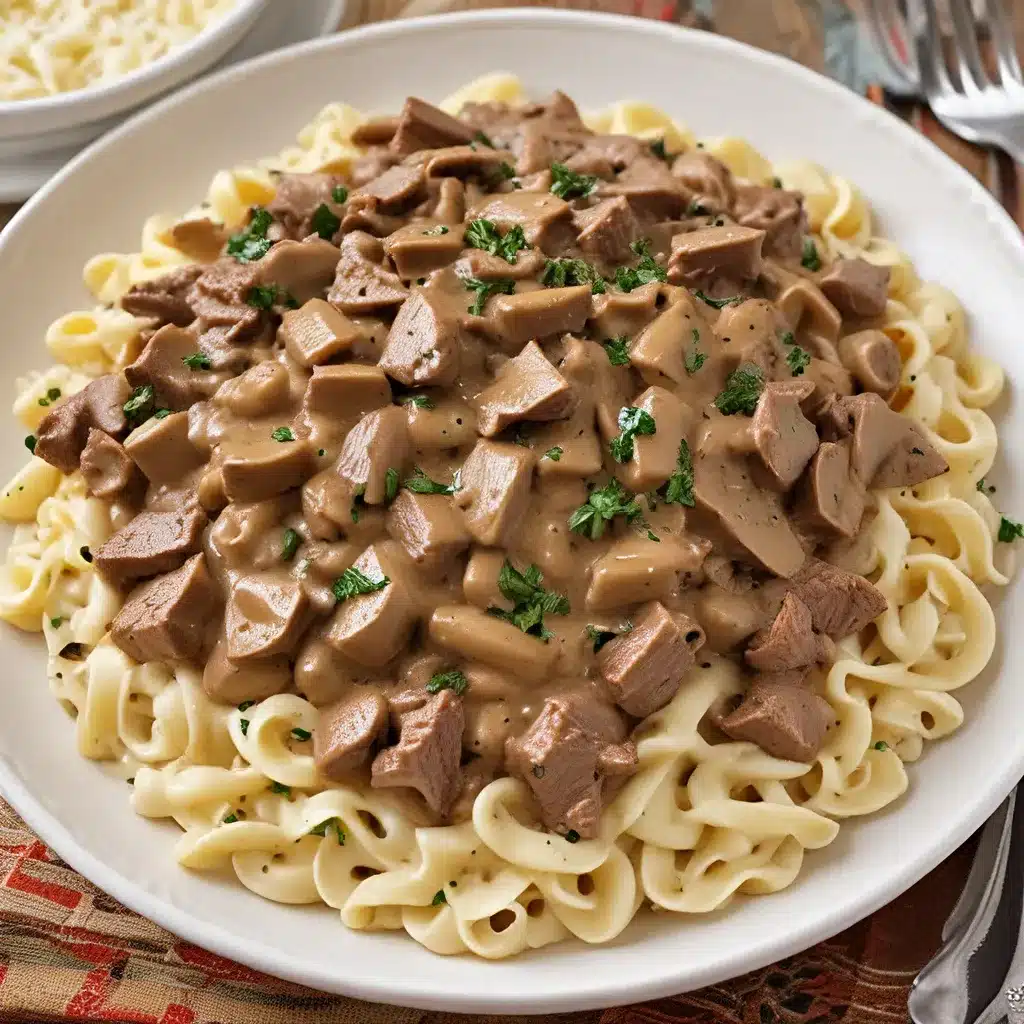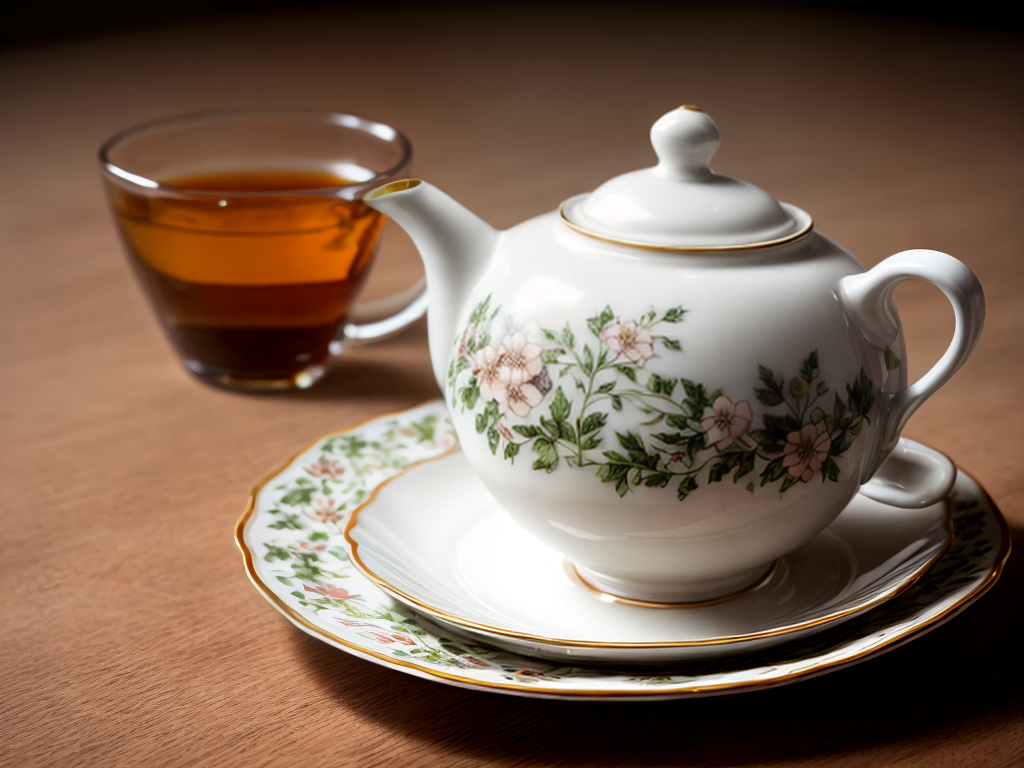
Ah, brewing the perfect cup of tea, a timeless art that requires finesse and attention to detail. As a tea enthusiast, I’ve dedicated countless hours to honing my craft, striving for that elusive balance of flavor and aroma. So, how does one achieve tea nirvana? It all begins with the choice of tea leaves. But wait, there’s more! Let me take you on a journey through the intricacies of water temperature, steeping times, tea-to-water ratio, and the art of enhancing flavors. Stay tuned, because I’m about to spill the tea on the best brewing methods and essential tools. Let’s embark on this adventure together and discover the secrets to brewing the perfect cup of tea.
Choosing the Right Tea Leaves
When it comes to brewing the perfect cup of tea, choosing the right tea leaves is crucial. The quality and characteristics of the tea leaves greatly impact the flavor, aroma, and overall enjoyment of the tea. To ensure the best results, it is important to understand the tea grading system and make informed decisions during tea leaf selection.
The tea grading system categorizes tea leaves based on their appearance and quality. It provides a standardized way to assess the leaves and helps consumers know what to expect from different grades. The grading system usually includes categories like whole leaf, broken leaf, fannings, and dust. Whole leaf teas are considered of higher quality, while fannings and dust are often used for tea bags and quick infusions.
When choosing tea leaves, opt for whole leaf or broken leaf grades whenever possible. These larger tea leaves tend to offer a more complex flavor profile and a richer infusion. Additionally, whole leaf teas often undergo less processing, which can help preserve their natural flavors and health benefits.
Understanding Water Temperature
To brew the perfect cup of tea, understanding water temperature is essential. The temperature of the water can greatly affect the taste and quality of your tea. Here are some key points to keep in mind when it comes to water temperature:
-
Water quality: Start with fresh, cold water. Avoid using water that has been previously boiled as it may affect the taste of the tea. Filtered or bottled water is also recommended for the best results.
-
Steeping techniques: Different types of tea require different water temperatures for optimal brewing. Here are some general guidelines to follow:
-
Green tea: Use water that is around 170°F (77°C) to 180°F (82°C). Boiling water can make green tea taste bitter.
-
Black tea: Boil water to around 212°F (100°C) for black tea. This higher temperature helps to extract the full flavor and aroma.
-
Herbal tea: Herbal teas can vary, but most can be steeped in boiling water. Some delicate herbal teas may benefit from slightly lower temperatures to prevent bitterness.
Proper Tea Steeping Times
When it comes to brewing the perfect cup of tea, the proper steeping time is crucial. The ideal steeping duration varies depending on the type of tea you are using. Green teas generally require shorter steeping times, around 2-3 minutes, while black teas can be steeped for 3-5 minutes. Herbal teas, on the other hand, may need a longer steeping time of 5-7 minutes to extract their full flavor. Understanding the recommended steeping times for different teas will help you achieve the perfect cup every time.
Ideal Steeping Durations
For the perfect cup of tea, it is crucial to steep the tea for the ideal duration. Steeping times can vary depending on the type of tea you are brewing. Here are some general guidelines to help you achieve optimal brewing times:
- Green tea: 1-3 minutes
- Black tea: 3-5 minutes
- Herbal tea: 5-7 minutes
Steeping your tea for too long can result in a bitter taste, while steeping it for too short a time can lead to a weak and flavorless brew. It’s important to follow these recommended times to ensure a balanced and enjoyable cup of tea. Remember, the perfect steeping duration can vary based on personal preference, so feel free to adjust the times to suit your taste. Happy brewing!
Tea Variety Considerations
Taking into account the various types of tea, it is important to consider the proper steeping times for each variety. Different teas require different brewing techniques to achieve their optimal flavor and avoid bitterness or a weak taste. For delicate teas like green or white tea, a shorter steeping time of around 2-3 minutes is recommended to prevent the leaves from overbrewing and becoming bitter. On the other hand, black teas and herbal infusions can be steeped for 4-5 minutes to bring out their full flavor. Oolong teas fall in between, typically requiring 3-4 minutes of steeping time. These tea making tips will help ensure that you are able to enjoy a perfect cup of tea every time, with each variety offering its unique taste and benefits.
Temperature and Timing
Now let’s explore the importance of temperature and timing when it comes to steeping tea for the perfect cup. Getting the timing and temperature right is crucial for achieving the desired flavor and aroma in your tea. Here are some key points to keep in mind:
-
Timing: Different types of tea require different steeping times. Green tea should be steeped for 2-3 minutes, while black tea needs 3-5 minutes. Herbal teas, on the other hand, need 5-7 minutes to fully release their flavors.
-
Temperature: The temperature of the water also plays a significant role in tea brewing. Green tea should be steeped in water that is around 175°F (80°C), while black tea requires hotter water at about 200°F (93°C). Herbal teas can be steeped at boiling temperature, around 212°F (100°C).
The Importance of Tea-to-Water Ratio
The key to brewing the perfect cup of tea lies in achieving the ideal tea-to-water ratio. Getting this ratio right is crucial in ensuring that your tea is brewed to perfection. The tea-to-water ratio refers to the amount of tea leaves used in proportion to the amount of water. It plays a significant role in determining the strength and flavor of the tea.
To achieve the ideal tea-to-water ratio, you need to consider the type of tea you are brewing and the desired strength. Different brewing techniques require different ratios. For example, for a stronger cup of tea, you would use more tea leaves and less water, while for a milder cup, you would use less tea leaves and more water.
It is important to note that using too little tea leaves can result in a weak and flavorless cup of tea, while using too many can make it bitter and overpowering. Therefore, finding the right balance is crucial.
To ensure safety and avoid any potential health risks, it is recommended to follow the guidelines provided by tea manufacturers or reputable sources. By carefully measuring the tea-to-water ratio, you can brew a perfect cup of tea that satisfies your taste buds and ensures a pleasurable tea-drinking experience.
Enhancing Flavor With Additions
To further enhance the flavor of your tea, consider adding various ingredients or additives. There are several flavorful combinations you can experiment with to create a unique and enjoyable cup of tea. Here are three suggestions to get you started:
-
Citrus Zest: Adding a small amount of citrus zest, such as lemon or orange, can give your tea a refreshing and tangy twist. Simply grate a bit of the zest into your tea leaves or tea bag before steeping.
-
Spices: Spices like cinnamon, cardamom, or ginger can add warmth and depth to your tea. You can either add a pinch of ground spice directly to your tea leaves or use a spice bag or infuser for easy removal.
-
Herbal Infusions: Combining different herbs with your tea can create interesting and complex flavors. Try adding a sprig of fresh mint, a few lavender buds, or a slice of fresh ginger to your tea leaves. Experiment with different combinations to find your favorite herbal infusion.
These additions can elevate the taste of your tea and make it a delightful experience. Remember to use high-quality ingredients and follow proper brewing methods to ensure safety and enjoy the full flavor of your enhanced cup of tea.
Tea Brewing Tools and Equipment
I highly recommend investing in quality tea brewing tools and equipment to ensure the best possible cup of tea. Having the right tools can greatly enhance your tea brewing experience and help you achieve optimal flavor and aroma. Here are some essential tea brewing accessories that every tea lover should consider:
| Tool/Equipment | Description |
|---|---|
| Tea Kettle | Used for heating water to the appropriate temperature. |
| Tea Infuser | Allows you to steep loose tea leaves without any residue. |
| Tea Timer | Helps you keep track of steeping time for different teas. |
| Tea Scale | Ensures accurate measurement of tea leaves for consistent brews. |
These tools are designed to make the tea brewing process easier and more precise. By following proper tea brewing techniques and using these accessories, you can achieve the desired flavor and aroma in your cup of tea. It is important to handle hot water and boiling equipment with care to prevent any accidents. Always follow safety guidelines and keep these tools clean and well-maintained to ensure both safety and the best tasting tea. In the next section, we will explore different brewing methods for different types of teas.
Different Brewing Methods for Different Teas
For optimal results, different types of teas require specific brewing methods. To ensure the safety and quality of your tea, it is important to understand the different techniques for brewing various types of tea. Here are some key points to keep in mind:
-
Use the appropriate tea vessel: Different teas require different vessels for brewing. For delicate teas like green or white tea, a glass teapot or gaiwan is ideal. For black or herbal teas, a ceramic teapot or mug works well. Choosing the right vessel helps to bring out the flavors and aromas of the tea.
-
Pay attention to water temperature: Each type of tea has its own ideal water temperature for brewing. Green and white teas should be brewed at lower temperatures, around 175°F (80°C), to preserve their delicate flavors. Black and herbal teas, on the other hand, can be brewed at higher temperatures, around 200°F (95°C), to extract their full-bodied flavors.
-
Adjust brewing time: The brewing time for tea varies depending on the type of tea and personal preference. It is important to follow the recommended brewing times for each tea variety to avoid over-extraction or under-extraction. Generally, green and white teas require shorter brewing times of 1-2 minutes, while black and herbal teas can be brewed for 3-5 minutes.
Storing and Preserving Tea Leaves
Proper storage and preservation are crucial for maintaining the freshness and quality of tea leaves. To ensure that your tea leaves stay flavorful and aromatic for as long as possible, it is important to follow effective tea storage methods and tea leaf preservation techniques. Here are some tips to help you keep your tea leaves in the best condition:
-
Keep it airtight: Store your tea leaves in airtight containers to prevent exposure to air, moisture, and odors. This will help preserve their freshness and prevent them from absorbing unwanted flavors.
-
Store in a cool, dark place: Tea leaves are sensitive to light and heat, which can degrade their quality. Store them in a cool, dark place, away from direct sunlight and heat sources.
-
Avoid moisture: Moisture can cause tea leaves to lose their flavor and become moldy. Make sure to keep them away from humid environments and store them in a dry place.
Conclusion
In conclusion, brewing the perfect cup of tea requires attention to detail, from choosing the right tea leaves to understanding water temperature and steeping times. The tea-to-water ratio and additions can enhance the flavor, while using the right brewing tools and equipment is essential. Different teas may require different brewing methods. Lastly, proper storage and preservation of tea leaves will ensure a fresh and enjoyable cup every time. Mastering these steps will result in a truly exceptional tea experience.

